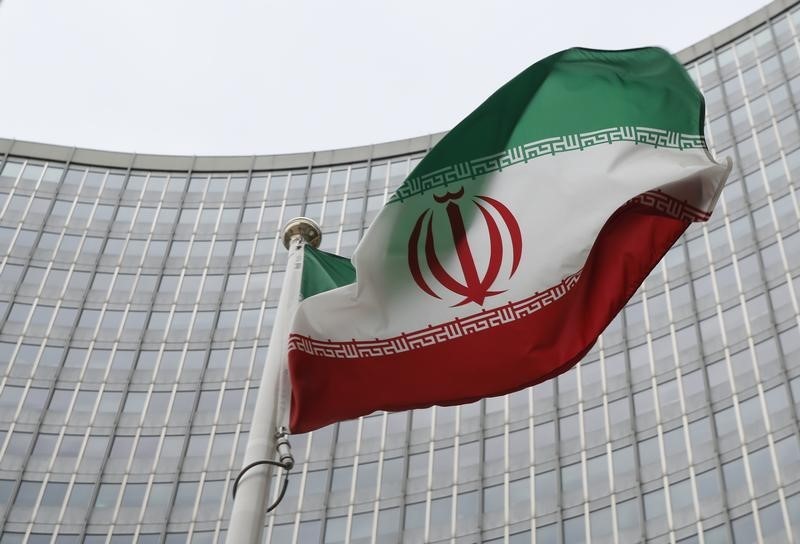Iranian Dissidents Held Secret Meeting in Israel After Nuclear Deal Signed

A group of high-level Iranian dissidents came to Israel secretly to discuss the nuclear accord with Tehran soon after its signing, The Times of Israel said on Thursday.
While details of the gathering are still not being publicized to protect the safety of participants, it emerged that the group was generally concerned about the likely strengthening of the Islamic Republic as a result of the deal.
A report on the meetings was published in March by the Jerusalem Center for Public Affairs, but the fact that they were conducted in Israel was only revealed about two weeks ago.
Yossi Kuperwasser, former research chief in IDF Military Intelligence and then-director general of the Ministry of Strategic Affairs, was one of the Israeli scholars who took part in the conference. He stressed that at least as important as the contents of the discussion was the willingness of Iranian dissidents to meet with Israelis.
“When quite important elements within the Iranian opposition and Israeli experts can meet, this is an indication that if this radical regime was not there, the Iranian people and the Israeli people can cooperate. This was the case in the past and can be the case now, and it is definitely in Israel’s interest to see the Iranians making the best of their potential,” Kuperwasser told The Times of Israel this week.
Kuperwasser added that “this message was repeatedly raised by the Iranians themselves. The potential of cooperation between the two peoples is immense.”
The Iranians involved expressed a diversity of opinion about the JCPOA [the nuclear deal] itself; but were all agreed that the main negative effect will be to embolden their country’s theocratic regime.
“The attitude of Iranian dissidents towards JCPOA [the nuclear deal] is not always negative. Iranian dissidents are not made of one stripe. They are not against better conditions in Iran of, course. But they are worried that the deal will strengthen the regime in the long run, enabling them to have a stronger grip over the people of Iran,” he said.
“In a way, the radical group was using the pragmatic group, or more realistic elements in the group like Rouhani, in order to ease the economic pressure. And now it will be easier for them to put more pressure on the opposition and to make sure reform doesn’t happen,” Kuperwasser added.
The group that came to Israel was comprised of a distinguished array of emigres, including former ministers and diplomats, founding members of Iran’s revolutionary movement, former student leaders, current leading pro-democracy activists, intellectuals, authors, writers, and journalists. None of the participants currently live in Iran.
Although the talks did not produce any startling revelations, it did cast some light on the developing relationship between Iran and Russia.
One dissident described the Iranian regime’s embrace of Russia “almost as their best friends.”
Avi Davidi, who edits The Times of Israel’s Persian site, noted that prior to the signing of the JCPOA, Russia at the behest of the West was holding off on delivery of the S-300 surface-to-air defense missile system to Iran. However, almost immediately after the signing last July, the Russians ordered the transfer to go ahead. Iran then lost no time in conspicuously positioning the missiles adjacent to its nuclear facilities.
“The Iranians are sending a message to all those guys who thought one day they could attack it: ‘Those days are over and now we are already at the point where we can defend ourselves,’” Davidi said.
To Read The Full Story
Are you already a subscriber?
Click "Sign In" to log in!

Become a Web Subscriber
Click “Subscribe” below to begin the process of becoming a new subscriber.

Become a Print + Web Subscriber
Click “Subscribe” below to begin the process of becoming a new subscriber.

Renew Print + Web Subscription
Click “Renew Subscription” below to begin the process of renewing your subscription.












